|
Album review by Eric Sandberg I recently reviewed a tribute album called Garden of Earthly Delights, a sprawling two-disc collection of XTC covers. All told, if you include the bonus digital selections, there are forty nine tracks by forty nine different artists, virtually none of whom had managed to come to my attention previously. That this collection was uniformly excellent throughout is a tribute to Futureman Records and the project's coordinator Keith Klingensmith. More importantly it is an indication that there is a mind bogglingly large assortment of skilled musicians, artists and producers roaming this planet albeit with very small audiences. As a music fanatic with a strong natural instinct to explore and support aspiring musicians, this put me in a quandary. I wanted to check out many of these artists' own music but, where to start? even as a latecomer to Spotify, the prospect was daunting. To start, I chose the most memorable name from the album's roster, Coke Belda, who did a delightful, spritely version of Colin Moulding's "Standing In For Joe." Of course, I read the name as kōk , like that soft drink that tastes like battery acid, but it is, in fact pronounced like croquet without the 'r.' The first thing I learned about Coke Belda from his Facebook page is that he is from Pittsburgh (via Valencia, Spain), a city where I spent my deformative years and holds a special place in my heart. Digression: As a teenager in Pittsburgh, music was the single most important thing in my life (at least until I got a girlfriend). As a budding record collector and guitar player, my two most frequented establishments were Jim's Records and Pittsburgh Guitars. These sanctuaries were operated by surrogate uncles (older brothers?) Jim Spitznagel and Carl Grefenstette respectively and were frequented by a host of characters — older guys who were part of the local music community. I wasn't old enough to go to the clubs where they played, but I was a fan of The Flashcats (Carl's band), Eddie & The Otters (Jim's band), The Hank Band (fronted by the quixotic Hank Lawhead III) and The Hornets (which combined various members of the above named bands, anticipating Asia by several years). The industrious Grefenstette formed his own record label Bogus Records with Lee Walker and set about recording and compiling tracks for a record called Made In Pittsburgh Vol. 1. For me, it was very exciting to know people who were on a record, even if they made it and put it out themselves. The album had a little of everything from the paisley rock of Eddie & The Otters and The Hank Band to the country rock leanings of Gravel (fronted by Bob Corbin and Dave Hanner who went on to gain international acclaim as songwriters) to the arena rock aspirations of Empire. Bogus Records would issue two more volumes, with Vol. 3 highlighting Pittsburgh's burgeoning New Wave scene. All three albums sound really good and are a treasured part of Pittsburgh history, but are not likely to be confused with a Steely Dan record production-wise. Of course, all these people had day jobs (in my capacity as a buyer for a Los Angeles based record and video chain in the early 90s I crossed paths with Hank Lawhead III who was a representative for a potential vendor), but put countless hours into their passion for music. It wasn't as easy back then. Putting together a recording studio was an almost prohibitive expense. This brings us back to Coke Belda and so many artists like him here in 2020. Just as I was investigating him, Belda announced the release of Coke Belda 4. I ordered a CD copy from Kool Kat Music and received it in the mail almost as quickly as if I had just bought the download. The album, recorded at Coke Belda Studios, which is likely a computer in his basement, sounds like it could have been recorded at Air Studios or Abbey Road. Belda wrote all the songs and performs nearly all the instruments and vocals himself in a melodic power pop tour de force. Belda doesn't wear his influences on his sleeve, they're tattooed on his bicep, and he's not shy about it. The first track "Thank You, Paul" announces itself with Revolver style guitars and name checks a litany of relatively obscure McCartney songs. The Beatles influence can be heard throughout. "Believe" is a pop shuffle updating of the riff from "Blackbird," while Andy Partridge's own Beatles influence filters through on "Harlan, Kentucky," and John Lennon's ghost informs "6X8 Basement" and "Watching You." You'll also detect snatches of Squeeze and other new wavy styles in some of the arrangements. Repeated listening, however, reveals Belda's own voice and sensibilities as a songwriter and performer. Listen to the album again and again (and believe me, you will be compelled to) and your admiration for Belda's talent will grow. Like all great pop music, it's infectious. This album has big time international appeal and deserves to be heard by a wide audience. And to think it was it was made in Pittsburgh by a guy with a day job.
4 Comments
|
CategoriesAuthorsEric Sandberg: My true opinion on everything is that it's splunge. Archives
December 2022
Categories |
Proudly powered by Weebly
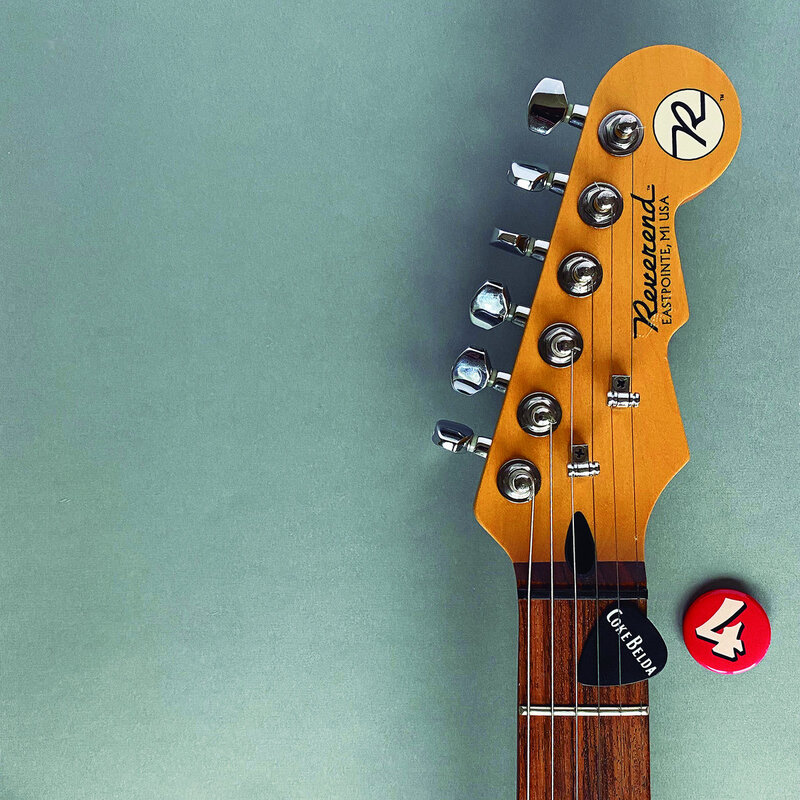
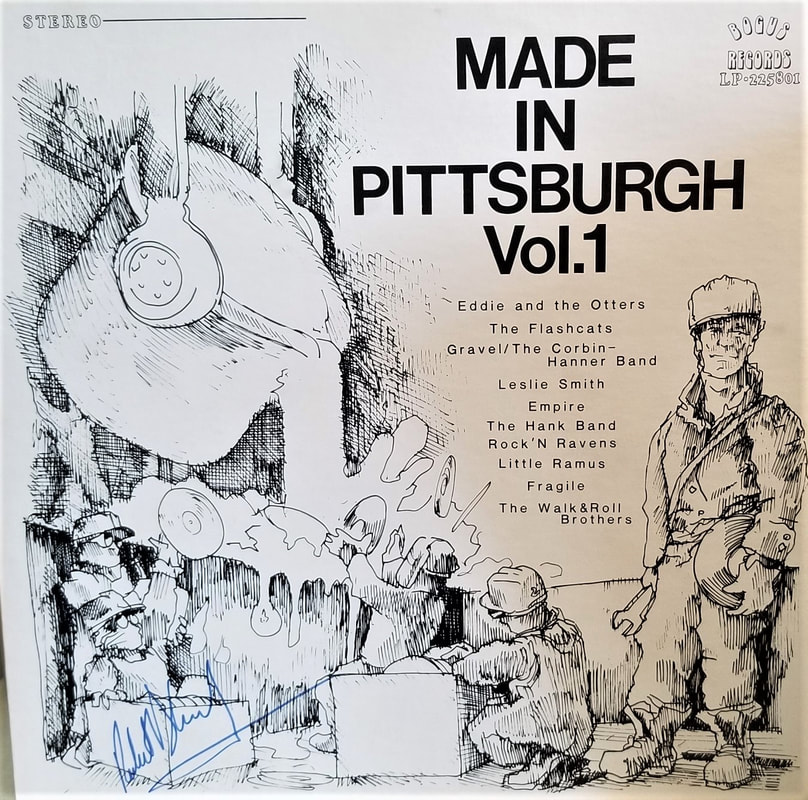
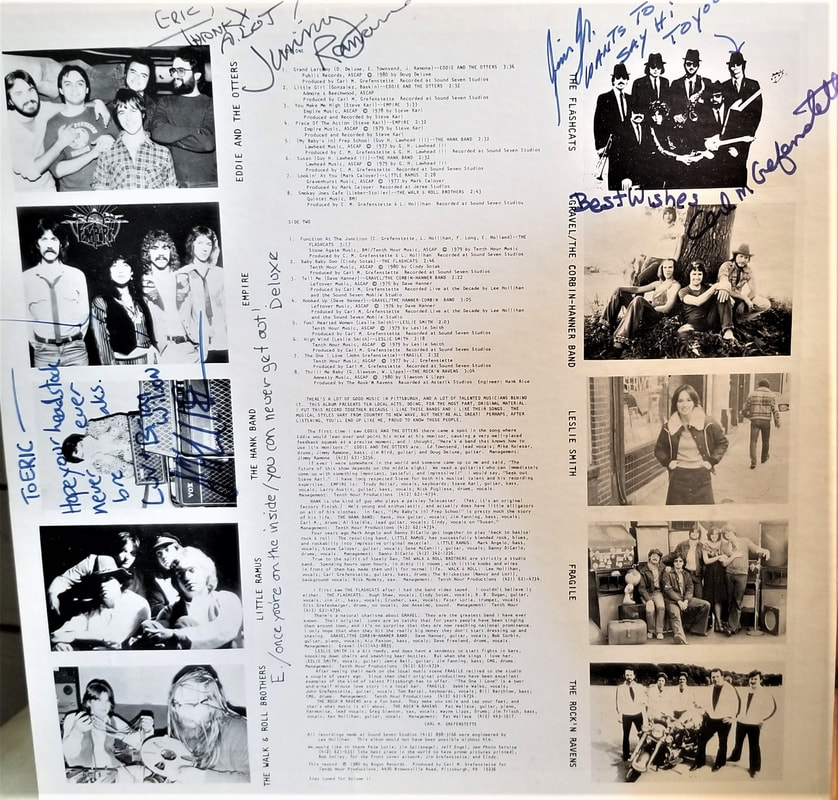
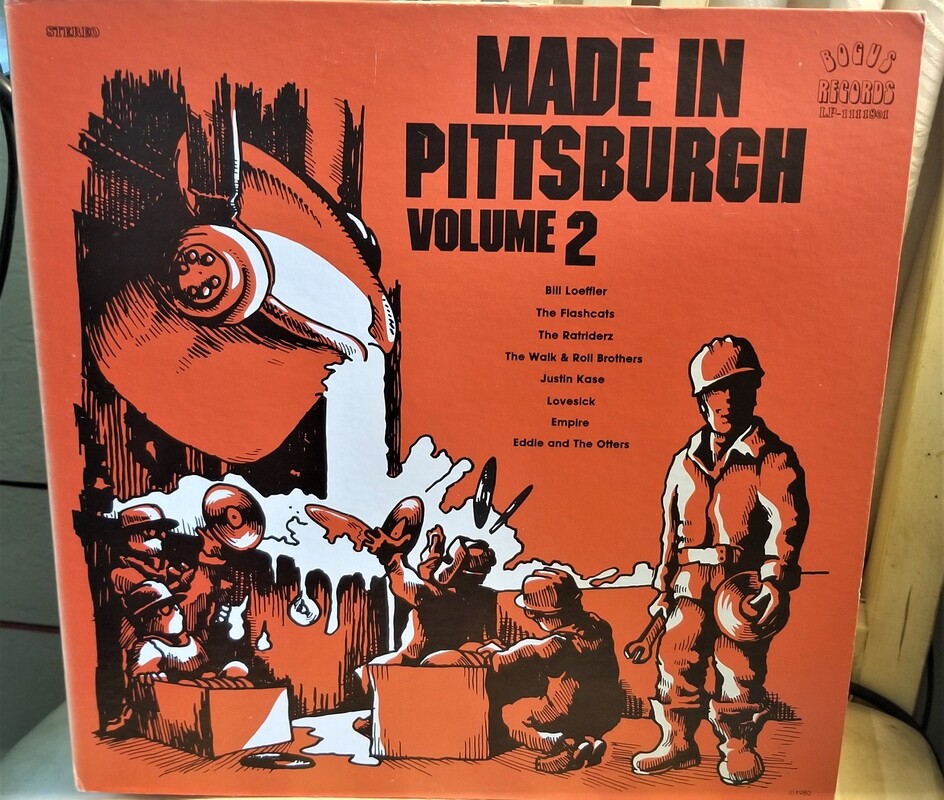
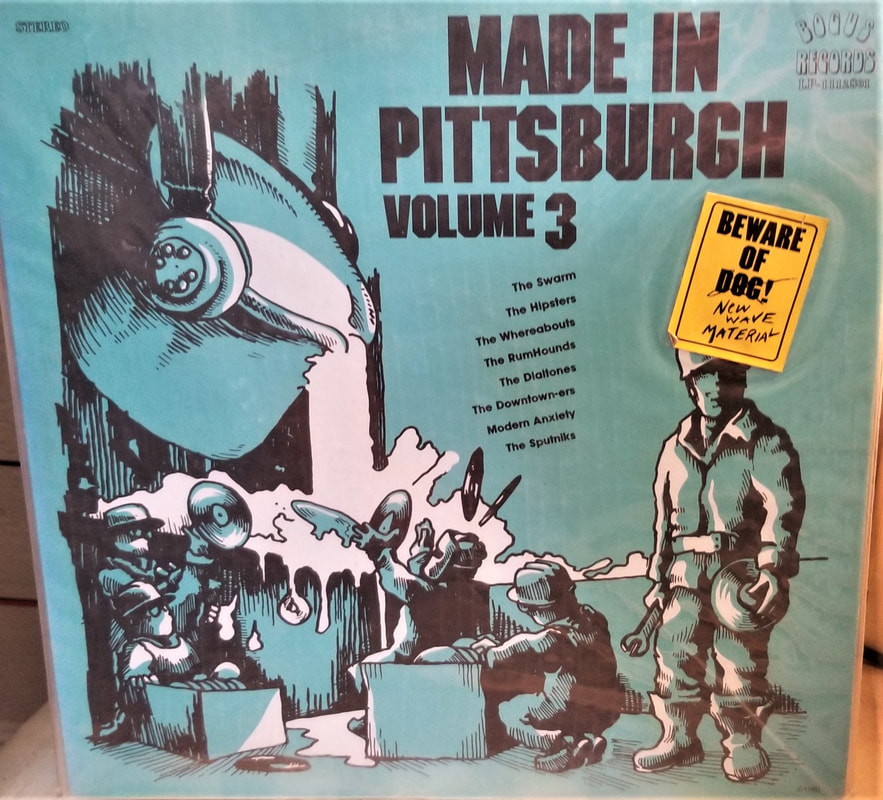

 RSS Feed
RSS Feed